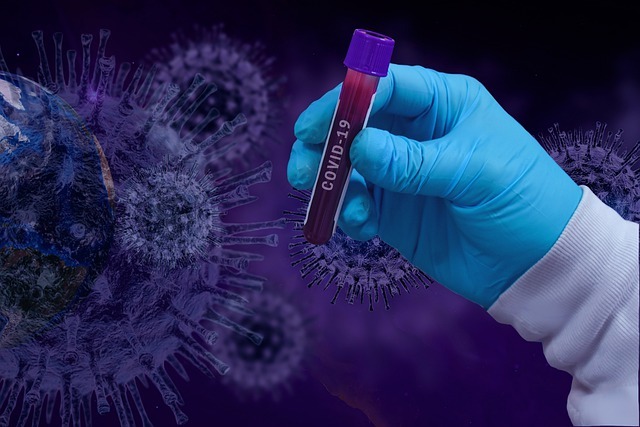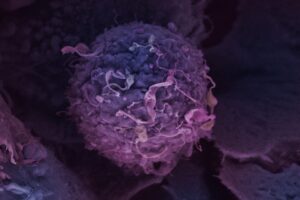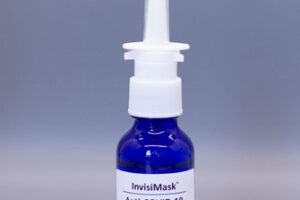Sanofi Pasteur, the vaccines global business unit of Sanofi, and Translate Bio (NASDAQ: TBIO), a clinical-stage messenger RNA (mRNA) therapeutics company, today announced the preclinical results for MRT5500, a mRNA-based vaccine candidate against SARS-CoV-2, the virus that causes COVID-19 disease.

Sanofi and Translate Bio mRNA Covid-19 vaccine candidate induced high antibody levels in preclinical studies. (Credit: fernando zhiminaicela from Pixabay)
Subscribe to our email newsletter
Preclinical evaluation of MRT5500, importantly, demonstrated a favorable immune response profile against SARS-CoV-2. These data support the selection of MRT5500 for clinical development. A Phase 1/2 clinical trial is anticipated to begin in the fourth quarter of 2020. Full results are available here. MRT5500 is being developed under a collaboration agreement between Sanofi Pasteur and Translate Bio.
“To tackle this global pandemic, we must look to both the strong knowledge we have from years of infectious disease expertise and the promise of new, innovative technologies,” said Thomas Triomphe, Executive Vice President and Global Head of Sanofi Pasteur. “Today’s presentation of these positive results is another development milestone for providing a safe and effective potential vaccine against SARS-CoV2 and shows how promising this technology is. We are looking forward to working on next steps with our partner Translate Bio to bring this technology to people worldwide.”
“The rapid development of effective vaccines to address the COVID-19 pandemic continues to be an urgent global public health need and I am encouraged by the progress we’ve made to date with our partner Sanofi Pasteur toward the development of a promising mRNA vaccine candidate,” said Ronald Renaud, Chief Executive Officer at Translate Bio. “The preclinical results we report in this paper demonstrate the ability of MRT5500 to elicit a favorable immune response in both mice and non-human primates. Importantly, these results provide additional support for using our mRNA platform to potentially expedite the development of alternative approaches to traditional vaccines.”
Key preclinical findings
The main findings of the preclinical studies demonstrate the potential of MRT5500 to elicit neutralizing antibodies against SARS-CoV-2.
In mice, four dose levels were assessed at 0.2, 1, 5 and 10 µg per dose using a two-dose vaccination schedule, administered three weeks apart. MRT5500 induced dose-dependent levels of binding antibodies and neutralizing antibodies specific to the SARS-CoV-2 spike protein. 100% seroconversion was observed at all dose levels after one administration, and a further increase in titers was observed following a second administration. Neutralizing antibody titers were observed across all dose levels after receiving the two-dose-administration regimen. In the higher dose groups (5 µg, 10 µg), titers were detected after one administration of MRT5500 and were more pronounced after the second administration.
In non-human primates (NHPs), three dose levels were assessed at 15, 45 and 135 µg per dose using a two-administration vaccination schedule, three weeks apart. The potency of MRT5500 was assessed by two types of neutralization assays: pseudovirus neutralization and micro-neutralization. After the first administration, the majority of NHPs developed neutralizing antibodies reactive to the SARS-CoV-2 spike protein and those antibody titers were further enhanced after a second administration with 100% of NHPs reaching levels significantly higher than those from human convalescent sera by day 35.
It was also demonstrated that MRT5500-immunized mice and non-human primates exhibited a Th1-biased T cell response against SARS-CoV-2.
Source: Company Press Release
 Advertise With UsAdvertise on our extensive network of industry websites and newsletters.
Advertise With UsAdvertise on our extensive network of industry websites and newsletters.
 Get the PBR newsletterSign up to our free email to get all the latest PBR
news.
Get the PBR newsletterSign up to our free email to get all the latest PBR
news.

